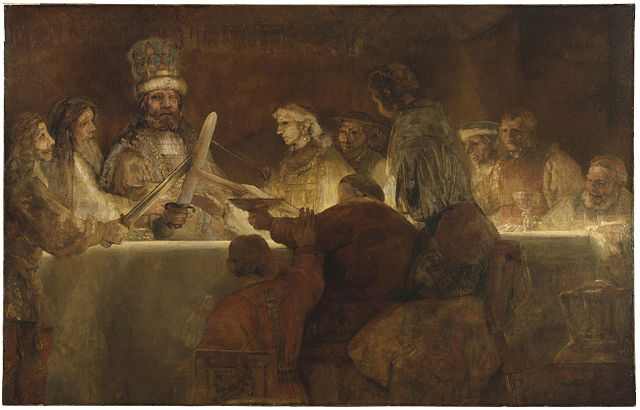Conspiracy vs Complicity
The distinction between conspiracy and complicity lies in the level of involvement of an individual in a crime. Both terms, conspiracy and complicity, are related to illegal and unlawful actions. Complicity is when someone is aware of a crime occurring or about to occur but does not report it to the appropriate authority. In this situation, the person cannot be considered an innocent bystander and instead becomes part of the crime. Conspiracy, in contrast, is an illegal agreement between two or more people to commit a treacherous act. In this conspiracy stage, only the planning takes place. However, both are illegal and against the law. Let’s examine the terms and the difference between conspiracy and complicity in more detail.
Key Takeaways
- Complicity involves someone being aware of a crime but not reporting it, while conspiracy is an illegal agreement between two or more people to commit a crime.
- Complicity can include accomplice liability, and the complicit person is often considered an offender in the eyes of the law.
- Conspiracy involves planning a crime, which may or may not actually be committed, but is still considered an offense in legal terms.
What is Complicity?
Complicity is a situation in which a person actively assists in a crime or becomes aware of it but does not report it to the relevant authorities. This person is called the complicit. He/she is legally recognized as an offender. The complicit may witness a crime or know that an unlawful action is going to happen, but the complicit does not report it to the police or any authority. Therefore, the complicit is legally recognized as a criminal. However, the law sometimes may not fully recognize a complicit as an offender, in cases where the degree of involvement may vary. For example, the complicit may only be a conspirator, and if the crime is not fully committed, he/she might be innocent. Complicity may also encompass accomplice liability, and in most cases, the complicit is considered an offender.
What is Conspiracy?
Conspiracy is the act of plotting against the law, usually by two or more people. This is the stage of planning a crime. Conspiracy is against the law, and it is generally done secretly and only known among the members of the plan. The person who conspires is known as the conspirator. The conspirator is also a wrongdoer in the law, depending on his/her involvement in the crime planning. In a conspiracy, the group of involved people enters a secret agreement to achieve some illicit or unlawful objective. Conspiracies can be made not only to accomplish unlawful actions but also to fulfill lawful actions in illegal ways. There could also be gaining unfair advantages, and people may be misled as a result of conspiracies. Conspiracies may proceed without actually committing the crime, but in legal terms, it is considered an offense.
What is the difference between Conspiracy and Complicity?
• Definitions of Conspiracy and Complicity:
• Complicity is an instance in which somebody becomes aware of an illegal action but does not make any attempt to report it to the relevant authorities.
• Conspiracy is an agreement between two or more people for an evil, treacherous, and unlawful action.
• Involvement:
• The complicit person is considered to be aware of the illegal action but does not do anything to stop it.
• The conspirator actively engages in planning the crime but may not actively engage in the crime itself.
• Situational Difference:
• Complicity is directly related to the crime itself.
• Conspiracy is related to planning the crime. The crime may or may not happen.
